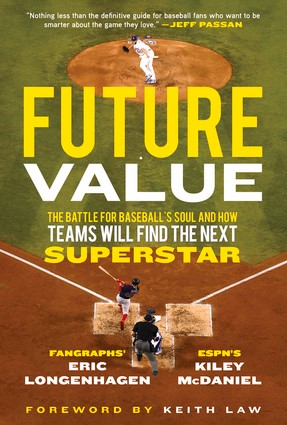Anthony Kay, Pablo López, and Zac Lowther on Crafting Their Changeups
Pitchers learn and develop different pitches, and they do so at varying stages of their lives. It might be a curveball in high school, a cutter in college, or a changeup in A-ball. Sometimes the addition or refinement is a natural progression — graduating from Pitching 101 to advanced course work — and often it’s a matter of necessity. In order to get hitters out as the quality of competition improves, a pitcher needs to optimize his repertoire.
In this installment of the series, we’ll hear from three pitchers — Anthony Kay, Pablo López, and Zac Lowther — on how they learned and developed their changeups.
———
Anthony Kay, Toronto Blue Jays
“I’ve been throwing this changeup ever since I’ve been pitching. I never really had a curveball until I was 16 or 17 years old. Growing up, it was mainly just fastball-changeup because my dad didn’t want me [throwing curveballs]. My older brother played, and he also didn’t have a curveball until he got older.
“I first learned a circle change, and I still pretty much throw it to this day. Of course, there has been a little bit of variation. When I came back from [Tommy John surgery] in 2017 it was pretty inconsistent, and I was trying to find a grip that made it more reliable. I used to be on the seams, like a two-seamer, and now I’m kind of moved over to where it’s almost the same, but just off the seams. I was cutting it a lot, and I think being on the seams was a big reason for that. Now that I’m off them, I feel I get a truer release to it.
“It was mostly an inconsistency issue. There were some days where it would be really good, and there were days where it wouldn’t be good at all; it would cut. So I figured I might as well just mess around with it a little bit and try and get it more consistent. I don’t know that I really understand why [the adjustment makes made it more consistent], but it did. Read the rest of this entry »


